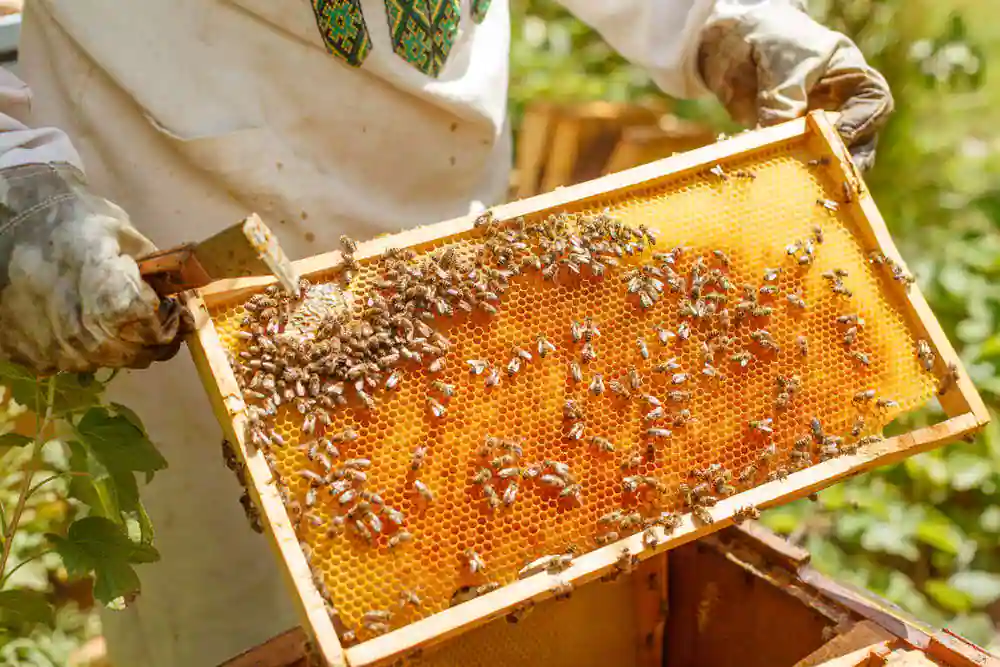
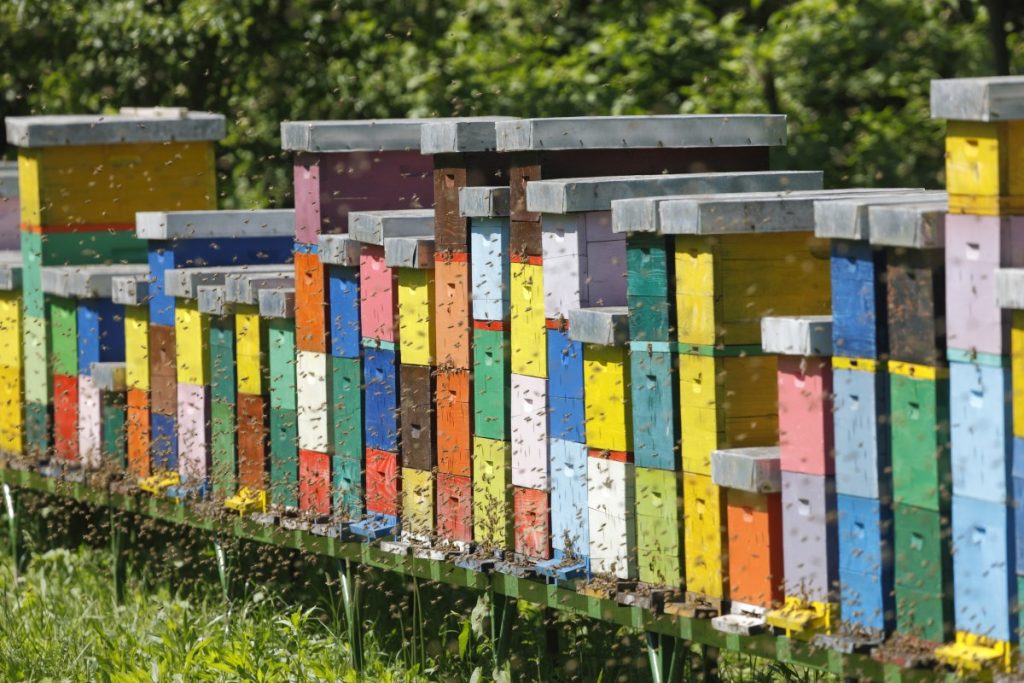
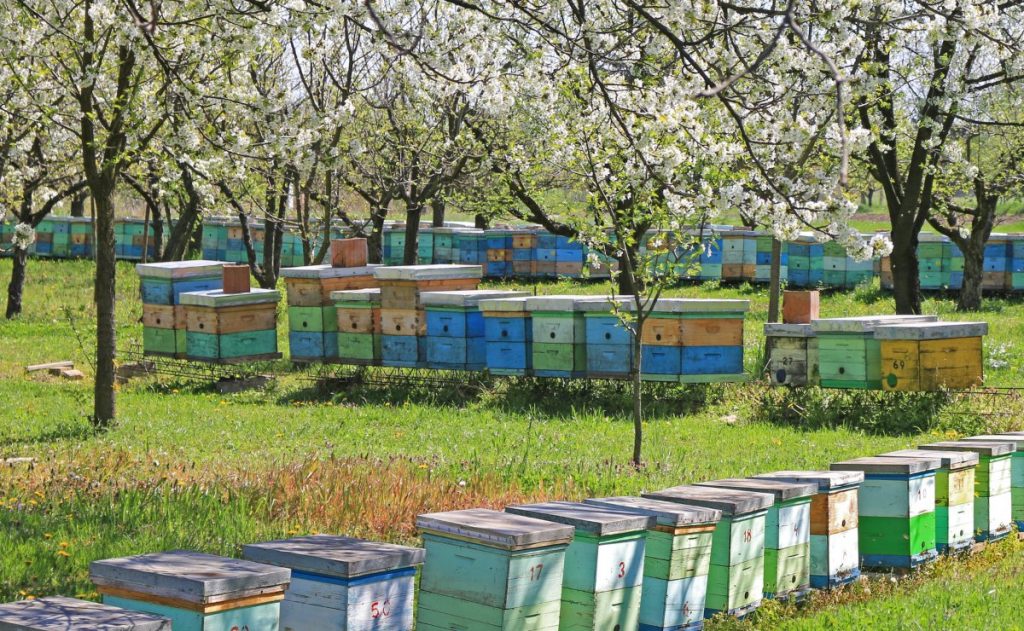
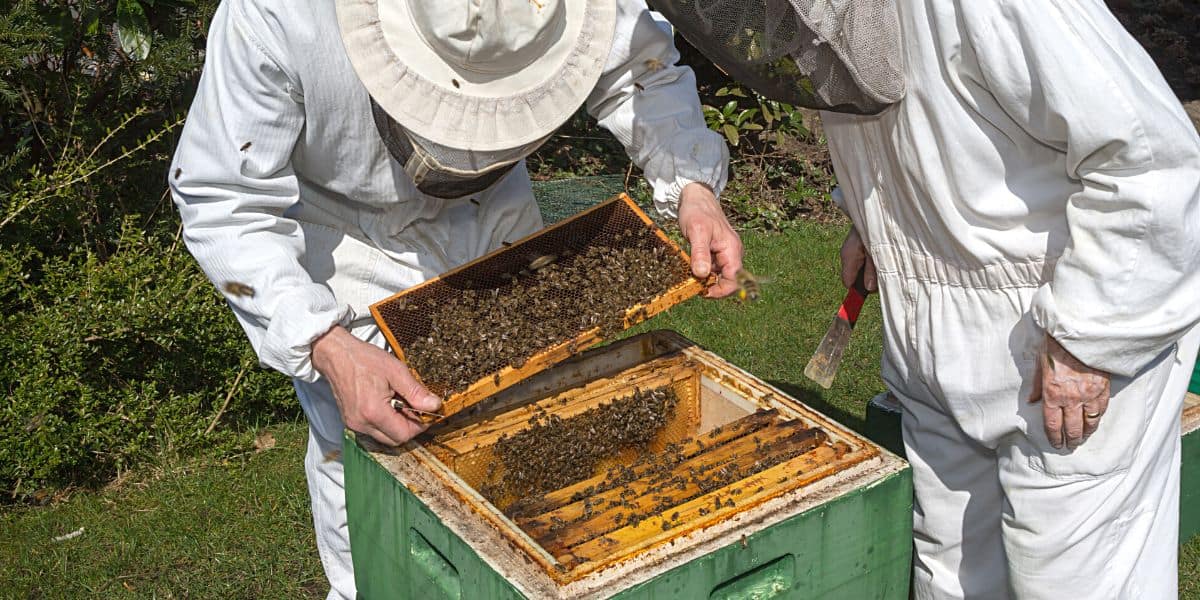
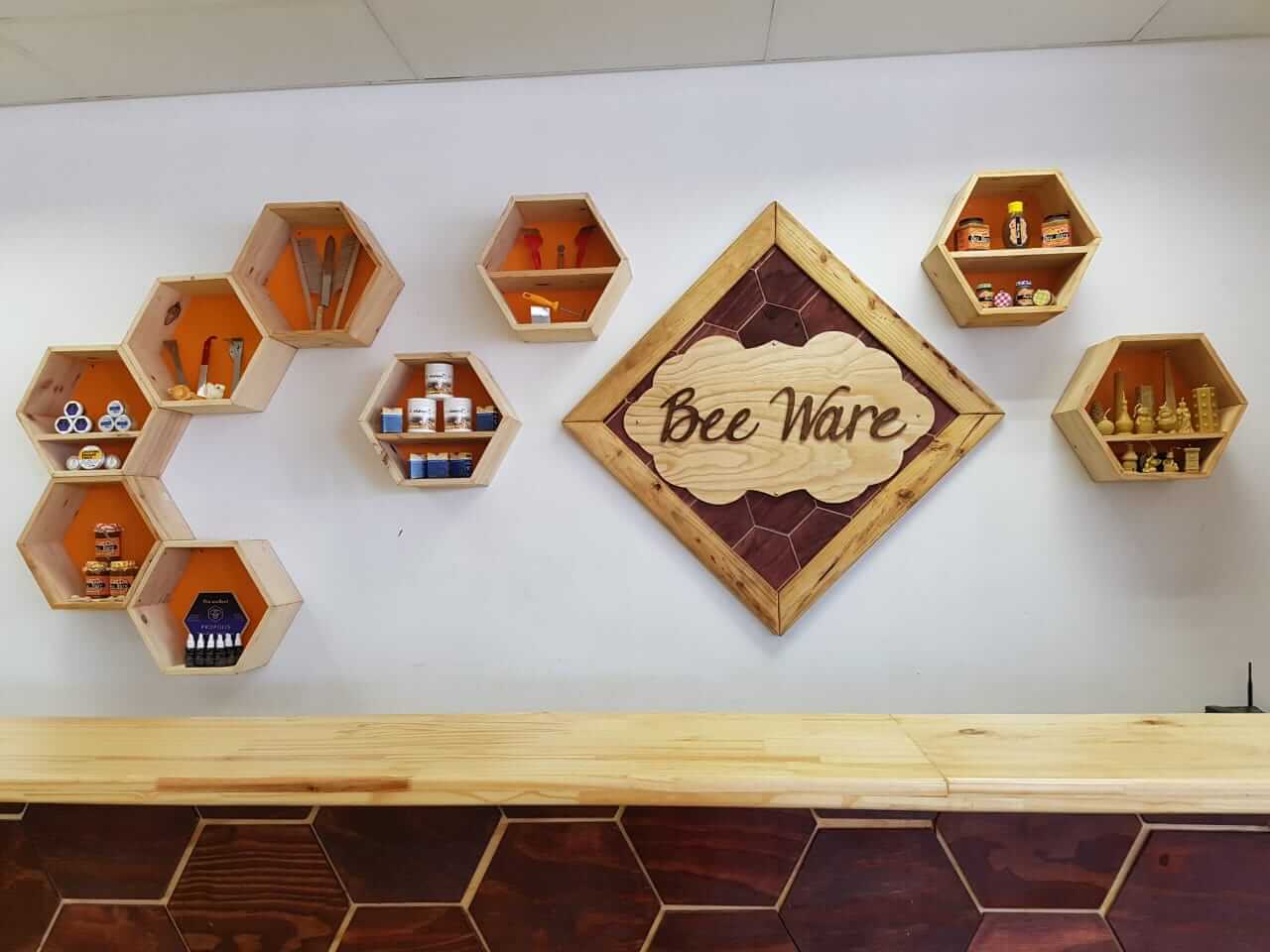
As the world grows increasingly conscious of the importance of sustainable practices and environmental stewardship, beekeeping has emerged not only as a fascinating hobby but also as a potentially profitable venture. These industrious insects, often referred to as nature’s tiny engineers, play a crucial role in our ecosystem by pollinating crops and ensuring the health of our planet’s flora. But is beekeeping truly a lucrative business, or is it more of a labor of love for those passionate about these remarkable creatures?
I. Introduction
Delving into the world of beekeeping, we uncover a captivating blend of nature’s wonders and the potential for financial rewards. While the allure of golden honey and other bee-derived products might entice aspiring beekeepers, it’s essential to realistically assess the profitability and challenges that accompany this unique enterprise.
A. Defining Beekeeping
Beekeeping, also known as apiculture, is the practice of managing bee colonies, commonly known as hives, for the production of honey, beeswax, pollen, propolis, and royal jelly. Beekeepers play a vital role in maintaining healthy bee populations, ensuring the pollination of essential crops, and providing a range of natural products with various health and commercial applications.
B. The Significance of Beekeeping
Bees are not only nature’s pollinators, but they also contribute significantly to the global economy. Studies have shown that the economic value of bee pollination far exceeds the direct value of bee products. Healthy bee populations are crucial for the production of fruits, vegetables, and oilseeds, ensuring food security and supporting agricultural livelihoods worldwide.
C. Growing Demand for Bee Products
The demand for bee products, particularly honey, has been steadily increasing in recent years. Consumers are drawn to the natural, health-promoting qualities of honey, seeking alternatives to processed sweeteners. This growing demand presents an opportunity for beekeepers to tap into a lucrative market.
II. Exploring the Profitability of Beekeeping
The profitability of beekeeping depends on various factors, including the size and location of the operation, the quality of beekeeping practices, market conditions, and the beekeeper’s own expertise and dedication.
A. Factors Influencing Beekeeping Profitability
-
Scale of Operation: Larger beekeeping operations, with hundreds or even thousands of hives, generally have the potential for higher profits. However, this requires significant investment in equipment, infrastructure, and labor.
-
Location and Floral Resources: The availability of diverse and abundant floral resources is essential for bee health and honey production. Beekeepers in regions with rich nectar sources are likely to experience higher yields.
-
Beekeeping Practices: Efficient beekeeping practices, including proper hive management, disease control, and pollination services, can significantly impact profitability.
-
Market Conditions: The price of honey and other bee products can fluctuate based on supply and demand. Beekeepers need to stay informed about market trends and adapt their strategies accordingly.
-
Beekeeper’s Expertise and Dedication: Successful beekeeping requires a deep understanding of bee biology, hive management, and market dynamics. Passionate and knowledgeable beekeepers are more likely to achieve profitability.
B. Average Profits in Beekeeping
Average profit margins in beekeeping vary widely depending on the factors mentioned above. Small-scale beekeepers, with a few dozen hives, may generate modest incomes, often supplementing their primary source of earnings. In contrast, large-scale commercial beekeepers can potentially achieve significant profits, especially if they can secure premium prices for their products or offer pollination services to agricultural operations.
C. Additional Income Streams for Beekeepers
Apart from honey and other bee products, beekeepers can explore additional income streams to enhance their profitability. These include:
-
Pollination Services: Beekeepers can lease their hives to farmers for pollination services, particularly in areas with high-value crops like almonds or berries.
-
Bee Products Workshops and Education: Beekeepers with expertise can offer workshops or educational programs to teach others about beekeeping practices and bee product utilization.
-
Bee-Related Tourism: Beekeepers can attract visitors to their apiaries for tours, honey tastings, or educational experiences, generating additional revenue.
III. Challenges and Considerations for Aspiring Beekeepers
While beekeeping can be a rewarding and potentially profitable venture, it’s crucial to acknowledge the challenges and considerations involved before embarking on this journey.
A. Initial Investment Costs
Establishing a beekeeping operation requires an initial investment in equipment, including hives, frames, bee suits, tools, and a vehicle for transporting hives. These upfront costs can be significant, especially for those starting on a larger scale.
-
Time Commitment and Labor (Continued): …extracting wax, and processing other bee products. Additionally, beekeepers need to stay updated on beekeeping practices and be prepared to address potential issues like hive diseases and pests.
-
Learning Curve and Knowledge Beekeeping requires ongoing learning and a deep understanding of bee biology, hive management techniques, and disease prevention strategies. Aspiring beekeepers can benefit from taking beekeeping courses, joining beekeeping associations, and seeking mentorship from experienced beekeepers.
-
Risk of Colony Loss Bee colonies are susceptible to various threats, including weather extremes, disease outbreaks, and pesticide use. Beekeepers need to be prepared for the possibility of losing colonies, which can significantly impact their honey production and income.
-
Regulations and Permits Depending on your location, there might be regulations or permits required for beekeeping operations. It’s essential to research and comply with local regulations regarding hive placement, apiary size, and bee product sales.
IV. Is Beekeeping Right for You?
Before diving headfirst into beekeeping, it’s crucial to assess your personal motivations, resources, and commitment level. Here are some key questions to consider:
-
Are you passionate about bees and the environment? Beekeeping requires a genuine interest in these fascinating creatures and a desire to contribute to their well-being.
-
Do you have the time and dedication to care for your hives? Beekeeping demands regular attention and cannot be treated as a passive investment.
-
Are you comfortable working with insects and potentially getting stung? While bee suits offer protection, stings are a part of beekeeping, and some individuals might have allergies that make it unsuitable for them.
-
Do you have the financial resources to cover the initial investment and ongoing expenses? Beekeeping requires an upfront investment and ongoing costs for equipment, supplies, and beehive maintenance.
-
Do you have access to a suitable location for your hives? Ideal locations offer access to diverse floral resources, have adequate sunlight, and are away from areas with high pesticide use.
V. Getting Started with Beekeeping
If you’ve weighed the challenges and remain enthusiastic about beekeeping, several resources can help you on your journey:
-
Beekeeping Associations: Joining your local beekeeping association connects you with experienced beekeepers who can offer guidance and support.
-
Beekeeping Courses: Numerous online and in-person courses provide valuable knowledge on bee biology, hive management, and honey production.
-
Mentorship Programs: Connecting with a seasoned beekeeper for mentorship can provide invaluable hands-on learning and troubleshooting help.
-
Beekeeping Books and Online Resources: A wealth of information is available through beekeeping books, websites, and forums, offering insights and advice from experienced beekeepers.
VI. Conclusion
Beekeeping presents a unique opportunity to combine a passion for nature with the potential for financial rewards. However, it’s not a get-rich-quick scheme. Success requires dedication, knowledge, and a willingness to face challenges. By carefully considering the factors mentioned above, aspiring beekeepers can make informed decisions and embark on a rewarding journey into the fascinating world of these essential pollinators. Remember, beekeeping can be a profitable endeavor, but more importantly, it’s a chance to contribute to the well-being of bees and the environment we all share.